
"Now suppose that in the last month of the hot season a mirage were shimmering, and a man with good eyesight were to see it, observe it, & appropriately examine it. To him ... seeing it, observing it, & appropriately examining it ... it would appear empty, void, without substance: for what substance would there be in a mirage? In the same way, a monk sees, observes, & appropriately examines any perception that is past, future, or present; internal or external; blatant or subtle; common or sublime; far or near. To him ... seeing it, observing it, & appropriately examining it ... it would appear empty, void, without substance: for what substance would there be in perception?-Phena Sutta -Foam















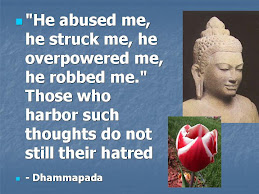

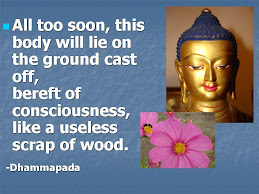

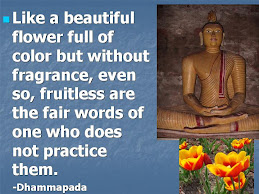
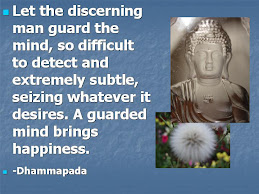

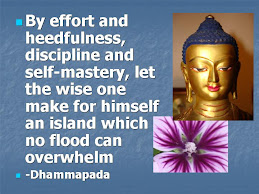

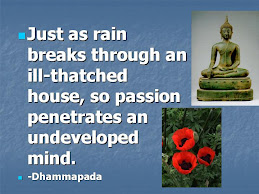

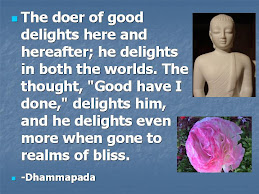
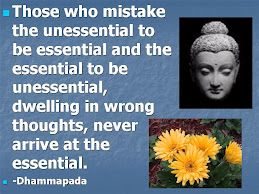
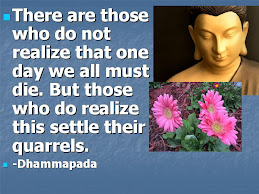
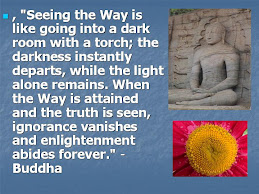

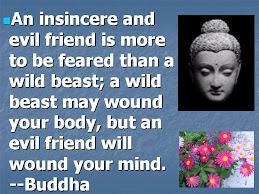
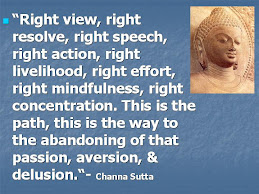

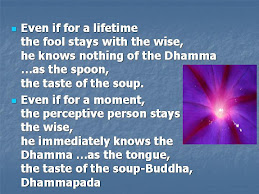



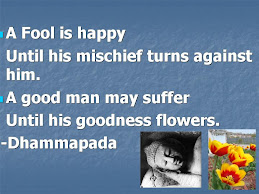
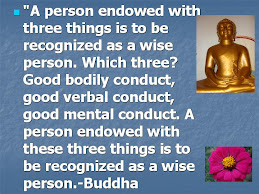

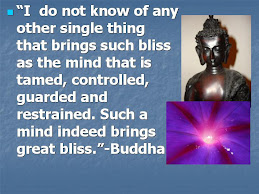
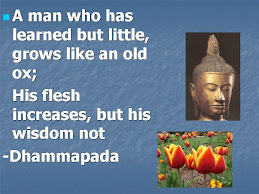
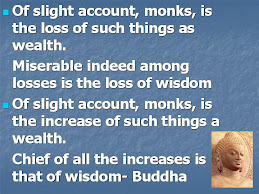

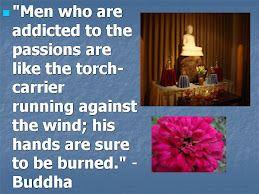


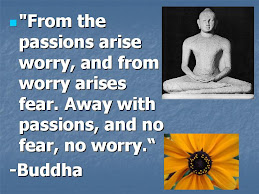
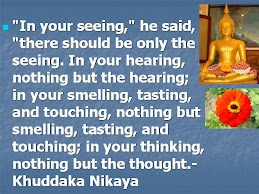




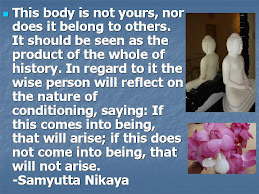
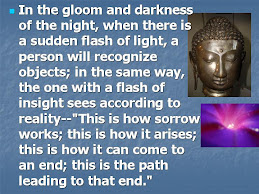
















2 comments:
Thank you Dr Walpola, I've been reading your blog from day one and this simile spoke to me.
I've observed a lot of monks and it appears that they see something I don't but yet, they are calm. As you posted, it is because to them, there are no substance to their perception. Are they able to see more because they have trained their minds to be open to seeing everything? What blocks the untrained mind from seeing..is it fear and conditioning?
I am glad this simile spoke to you. This is a fundamental teaching of the Buddha. This idea comes up again and again when you read the Buddhist scriptures. Perception is one of the five aggregates. Buddhist monks train themselves to see perception (and the other aggregates) as described in the simile through the practice of vipassana meditation. This is the true nature of perception and as you have correctly mentioned one cannot readily see this as our minds are conditioned. The untrained mind is filled with greed, hatred, delusion and fear; this puts us off the path (off course) of seeing the true nature of the five aggregates. This is essentially why we suffer in this world. As a monks progress in this path towards their goal (enlightenment), they see the five aggregates clearly as they really are as they contemplate on their impermanence, suffering and non-self. Therefore they are calm in any given situation. This is called “vipassana wisdom.” The untrained mind clings instantly to them and this leads to suffering.
Post a Comment